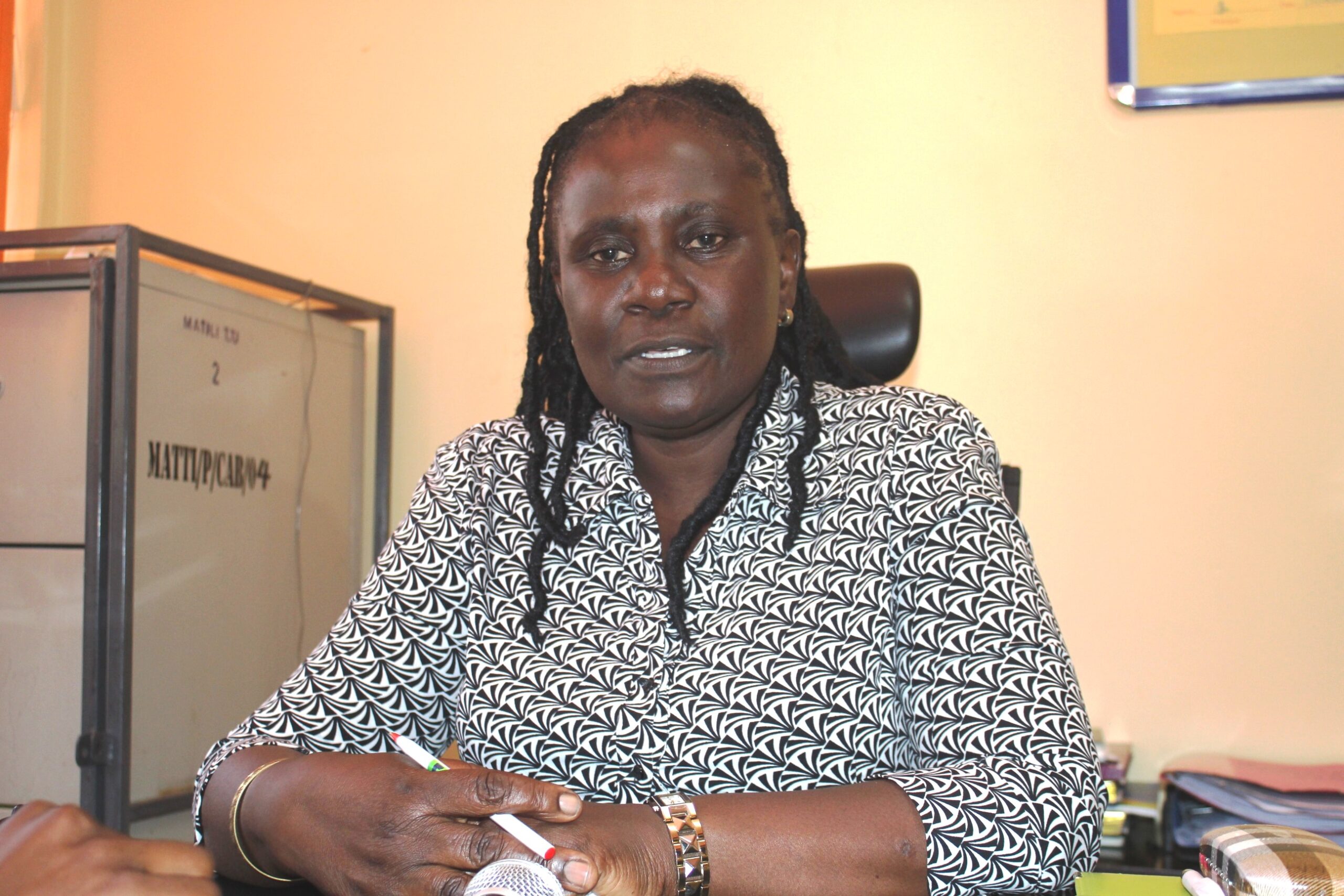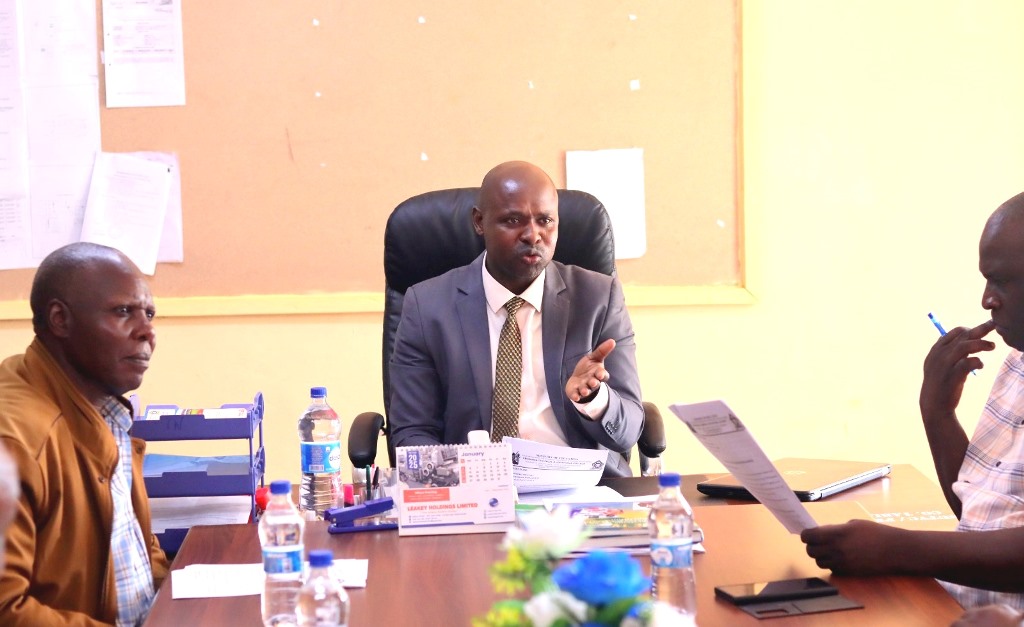By Victor Ochieng’
vochieng.90@gmail.com
High school scholars should be very careful when it comes to career choices. They should do it with a lot of circumspection because careers chosen will influence their lives forever. In the whole scheme of things, there are fantastic factors they should consider, which forms the central plank of this piece.
- Knowledge
It behooves every student to read avidly about careers and world of work. Schools should also come up with useful career programmes: they should stock the library with good books like the Essential Career Guide published by the Kenya Literature Bureau (KLB), and invite career counsellors; to hone vocational skills in students. It is also incumbent upon parents to play their part. Like Jewish parents quoted profusely in the Jewish Phenomenon by Steven Silbiger, our parents should ensure that their children are prone to literate habits, hobbies, rituals and routines. They should give meaning to one of the secrets of enduring wealth cited in the book: Real wealth is portable – It is knowledge and skills.
- Performance
Academic performance influence career choices to a great extent. How? The cluster points for alpha courses like Medicine, Engineering, Law, Architecture – are sky-high, to an extent that sometimes even scooping a top grade in KCSE does not guarantee a student to secure the highly-coveted chance to wrestle with alpha courses. Think of category of grades, and how they influence programmes students are eligible for after high school. There are four categories of grades. A, A- and B+, are first, top, cream or best grades. B, B, C+ and C, are middle grades. C-, D+ and D are low grades. D- and E are lowest grades. As Son of the Lake pens this piece, the university cut-off points spelt out by Kenya Universities and Colleges Central Placement Service (KUCCPS) stands at C+ (plus) of 46 points. It means that any student who yearns to pursue a degree course at the university, has to score a C+ and above. Scooping grades like C and C- means that a student may be eligible to pursue a diploma course in middle-level college like the Technical and Vocational Education and Training (TVET). Those who score D and D+ are left to study certificate and artisan courses. Getting D- and E only leaves students to pursue foundational courses like Carpentry and Plumbing in Technical and Training Institutes (TTIs).
- Intelligence
In the best-selling book titled the 7 Kinds of Smart, Thomas Armstrong sheds lucent light on the 7 forms of intelligences advanced in 1983 by Professor Howard Gardener in Frames of Mind: The Theory of Multiple Intelligence. The 7 types of smarts included: verbal-linguistic intelligence (word smart), logic-mathematical intelligence (logic or number smart), body-kinesthetic intelligence (body smart), spatial intelligence (picture and image smart), musical intelligence (rhyme and rhythm smart), intra-personal intelligence, also known as Emotional Intelligence (self-smart) and inter-personal intelligence, also known as people skills (people smart). Students should align their career goals to an intelligence they evince. The logic here is, if a student discovers that s/he has the verbal-linguistic intelligence, then it will be wise to venture into careers where words are the basic tools of trade like Law and Journalism.
- Personality
Broadly speaking, in terms of personalities, someone can be an extrovert or introvert. Extroverts are overt while introverts are covert. Extroverts are talkative beings who gain energy in social situations. They are energetic and enthusiastic. They are rash, and make decisions swiftly. They survive and thrive in team-orientated work settings. Introverts on the other hand are quiet, reticent and reserved. Introverts enjoy spending time alone. They have the propensity to work and walk alone. Connected to these two important personalities are the four major temperaments – sanguine, choleric, melancholics and phlegmatic. Choleric are active and aggressive. Sanguines are social and lively. Phlegmatic are thoughtful and peaceful. Melancholic have a knack for details and prone to perfection. Personalities and temperaments influence career choices to a great extent. For instance, if you are a sanguine, someone who is social and talkative, but you choose to become an accountant, you will struggle a lot. This is because in most cases accountants spend time alone.
Again, in Your Career Questions Answered, Sam Muriuki posits: Holland (1997), asserted that career interest is an aspect of an individual’s personality. He talked of the Career Typological Theory, which summarises everything as RIASEC. ‘R’ stands for Realistic – people who like working with tools and machines – like farmers, pilots and surveyor. ‘I’ stands for Investigative – people who are interested in working with information – logic and concepts. It is where we find laboratory analysts, researchers, lawyers, et cetera. ‘A’ stands for Artistic – people who like to express their feelings and ideas. They are imaginative, creative and innovative. They show their shine and sheen in music, drama and art. It is the prominent place for thespians or actors, designers, composers, writers and painters. ‘S’ stands for Social – people in this world are warm and caring. They enjoy helping others. It is where we find nurses, counsellors and teachers. ‘E’ portends Enterprising. These are people who gyrate and gravitate towards action than mere thought. They enjoy managing people. They amount to sales representatives, principals, politicians, managers, lawyers, business executives and captains of corporates. Lastly, ‘C’ means Conventional. Such people tend to be orderly and organised. They love jobs with rubrics – rules and regulations. No wonder, they become secretaries and clerks.
- Marketability
As students think about careers to venture into, the factor of marketability must be considered. First, there is the marketability of the course. It is important to venture into a career with the hope of getting job placement and employment that brings enjoyment. In relation to this, it is important to note that there are courses that are outdated and obsolete. Some colleges and universities offer courses which are not accredited, which complicate matters when one is ripe to venture into world of work. Two, on marketability, it is said: there are no marketable careers, but there are marketable people. For instance, we have lawyers and journalists who are highly marketable. Therefore, when other lawyers and journalists recite lines of lamentation of how there are no jobs, some of these professionals who have built their brands with brilliance keep on climbing the lofty ladder of career progression.
- Passion
Passion is when what you do, is what you love, and what you love, is what you do. So, it is good to align your career to your passion. Passion is the spark for your fuse. No wonder, Henry Fredrick Amiel penned: “Without passion man is a mere latent force and a possibility, like the flint that awaits the shock of the iron before it can give forth its spark.”
In your career path, fulfilling God’s plan for your life is passion, or it is nothing at all. My passion is welding words? What about you? The earlier you discover your passion and mission, the better. Think of Tim Redmond’s observation, “There are many things that will catch my eye, but there are only very few that will catch my heart. It is those I consider to pursue.”
When you add passion to a belief, it becomes a conviction. Confident conviction helps people to achieve great feats in life. When you are fired up by some mission and passion, you can fly high. Mike Murdock put it aptly, “What generates passion and zeal in you, is a clue to revealing your destiny. What you love is a clue to what you contain.”
Ideally, passion drives you when you adhere to the words of the wise man – Solomon. In Ecclesiastes 9:10, he penned: “Whatever your hand finds to do, do it with all your might.”
The writer rolls out Career Talks and Training Services.






